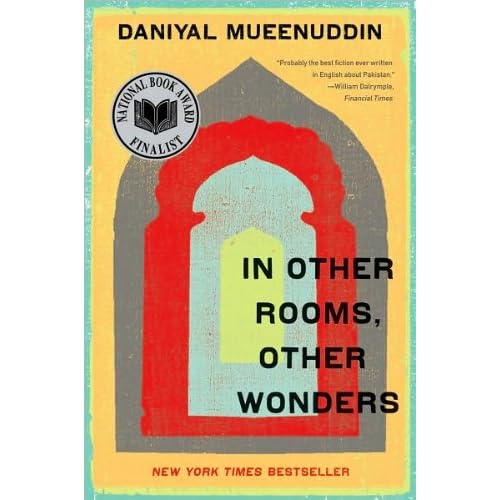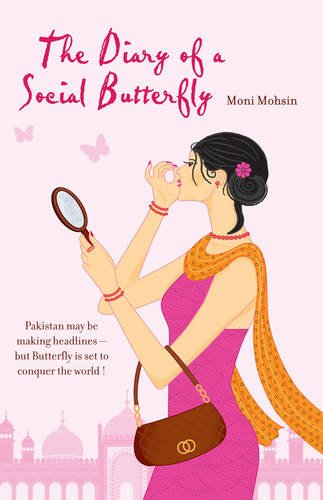The Creative Rebellion to Extremism.
3 Apr 2010
It seems like newspaper blogs in Pakistan are becoming quite the trend. Unfortunately good reporting, writing and simple web design are not. But bearing the brunt of that visual torture I found this. The Pakistan Fashion Week (don’t ask which one, apparently there were two, Karachi and Lahore arch rival cities were at it again) was held quite successfully recently, and Pakistani Fashion designers have taken the movement abroad.
The article show’s how one designer label’s it a “befitting reply to extremists”.
And as much as Pakistanis will tell people abroad that life is normal, markets are open, schools are running, offices fulfilling hours, every step of the way, the war is on everyone’s mind. The war on terror, the drones, the civil war, the various political strifes, the ridiculous inflation, the load shedding (read: scheduled power cuts — which, in a funny side note, saw one of my friends waiting an extra hour for his college application decisions because his part of town lost power for that hour); all of it is on everyone’s mind. As the designers display there latest designs (duh), the subtext is this, we can be as modern as we want.
This is the silent rebellion, the little effort everyone is willing to make. From deciding to go out to eat, or to go to the Friday prayers, or to go to a fashion show, there is this little bit of resilience, of rebellion. It is a glimmer of hope in the least.


